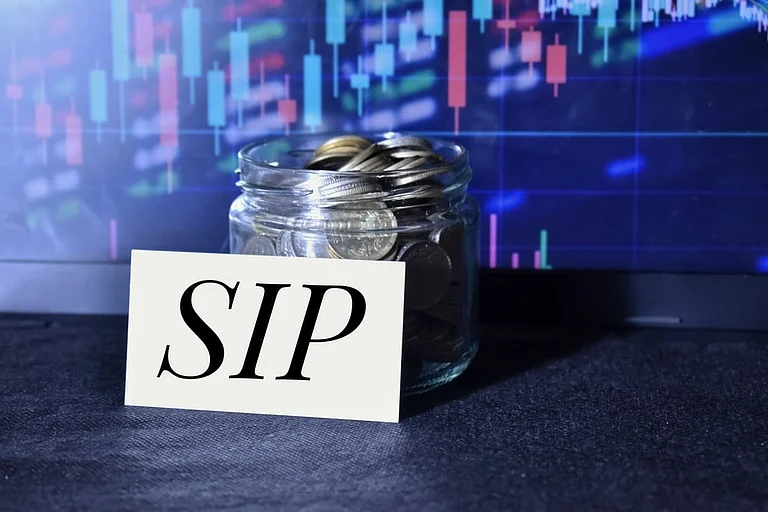The Securities and Exchange Board of India (SEBI) has implemented new rules for mutual fund repo transactions in an effort to improve the valuation procedure. To enhance transparency and guarantee uniform pricing of debt and money market instruments across mutual funds, these new rules will take effect on January 1, 2025.
SEBI Introduces Repo Transaction Valuation Rules For Mutual Funds
New guidelines for valuing repo transactions in mutual funds will take effect from January 1, 2025, as per SEBI's latest circular
Key Changes in SEBI's Repo Transaction Valuation Guidelines
SEBI's latest circular mandates that repo transactions, including tri-party repo (TREPS), with a maximum maturity of 30 days, must now be valued using the mark-to-market method. Previously, these transactions were valued using a cost-plus accrual method, which didn’t fully capture market fluctuations. This change ensures that repo transactions are valued based on the actual market value of the securities, leading to more accurate pricing.
In order to maintain consistency with previous valuation methods, the cost-plus-accrual technique will continue to be used to assess short-term bank deposits that are pending deployment.
Also, the revised guidelines modify the valuation of debt and money market assets particularly those with variable rates. These securities' value will now be determined by averaging prices from recognized valuation firms rather than using individual prices. The market's uniformity is improved by this move to a consistent valuation technique.
SEBI has clarified that when security-level prices from valuation agencies are unavailable, the valuation of new securities should be based on the purchase yield or price at the time of their allotment or purchase. This will help ensure a reliable method of valuation even for newly issued securities.
Additionally, SEBI has mandated that, except for overnight repos, all repo transactions must now be valued by external valuation agencies. This requirement enhances transparency and ensures that repo transactions are priced consistently across all mutual funds, providing an added layer of reliability in the valuation process.
SEBI allowed mutual funds to engage in repo transactions with “AA” and above-rated corporate debt securities, such as Commercial Papers and Certificates of Deposit, in June 2024, to support the growth of the corporate bond market.

